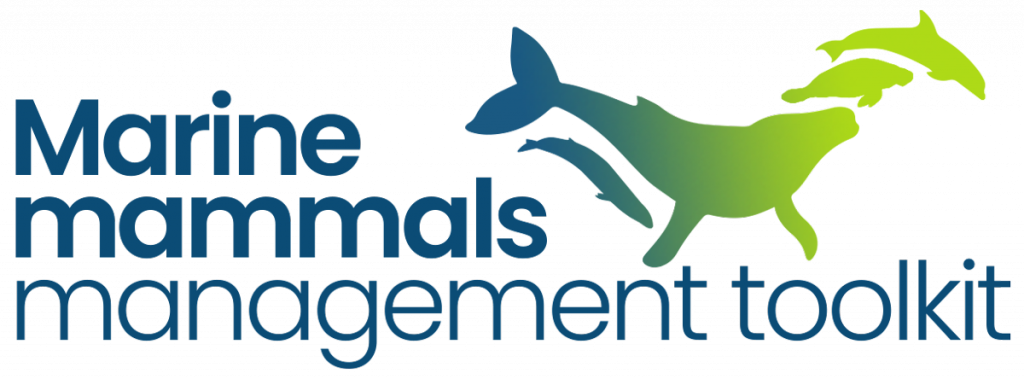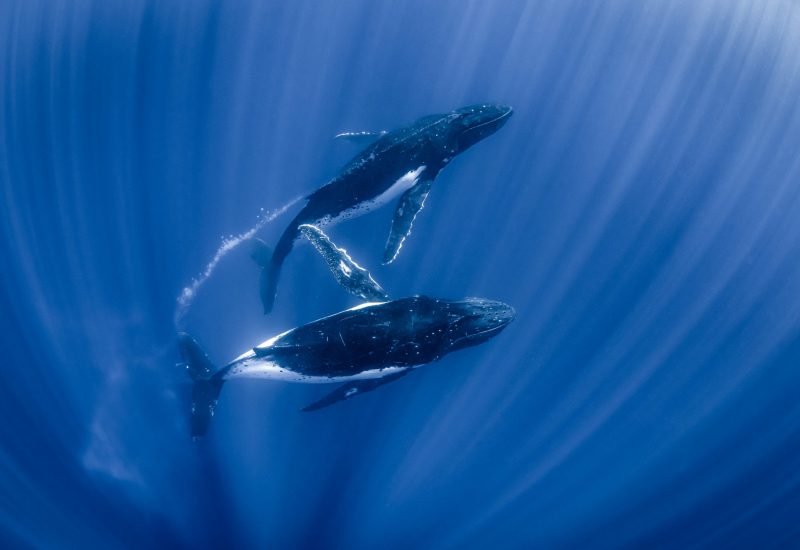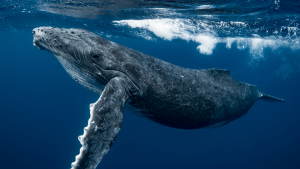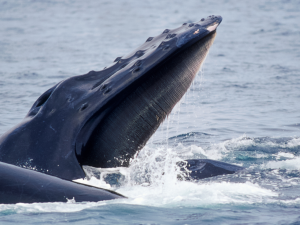The Ministry of the Environment of Chile, in partnership with the MERI Foundation, has deployed an artificial intelligence (AI) powered monitoring buoy in the Gulf of Corcovado (Chile), as part of the Blue BOAT Initiative (Buoy Oceanographic Alert Technology) in an effort to protect whales from ship collision.
The “smart buoys” are equipped with the Listening to the Deep Ocean (LIDO) software which listens to the sounds of marine mammals. Specifically, LIDO has been programmed to listen to the sounds of 4 species of cetaceans (blue, humpback, sei and Southern right whales), as these species utilise the Gulf of Corcovado during the Southern Hemisphere summer. The area observes the largest number of blue whales, which gather to feed. The Gulf is also frequented by large maritime vessels, posing not only a significant collision threat to the whales, but also through noise pollution as the noise generated by ships can disrupt the whale’s ability to communicate, feed, and migrate.

When an animal is detected, the LIDO software uses AI to identify the animal’s species and exact location. The data are received instantaneously on land where the early warning station alerts vessels of the whale’s presence. The buoys will also record physical environmental parameters – temperature, oxygen, carbon dioxide, among others – providing important insights into the impacts of climate change in the oceans.
To date the project has deployed one “smart buoy” in the Gulf of Corcovado. However, The Blue BOAT Initiative plans to expand their range with the deployment of an additional five “smart buoys”, forming an array that will cover the entire migratory route of the whales from Antarctica to the Equator. The buoys coupled with Chile’s maritime speed limits of 10 knots during the day, 8 knots at night, have the potential to significantly limit the impacts of vessels on whales.
Source: Blue Boat Initiative
More resources and guidance on vessel strikes can be found in the collision/strike factsheet of the Marine Mammal Management Toolkit.






